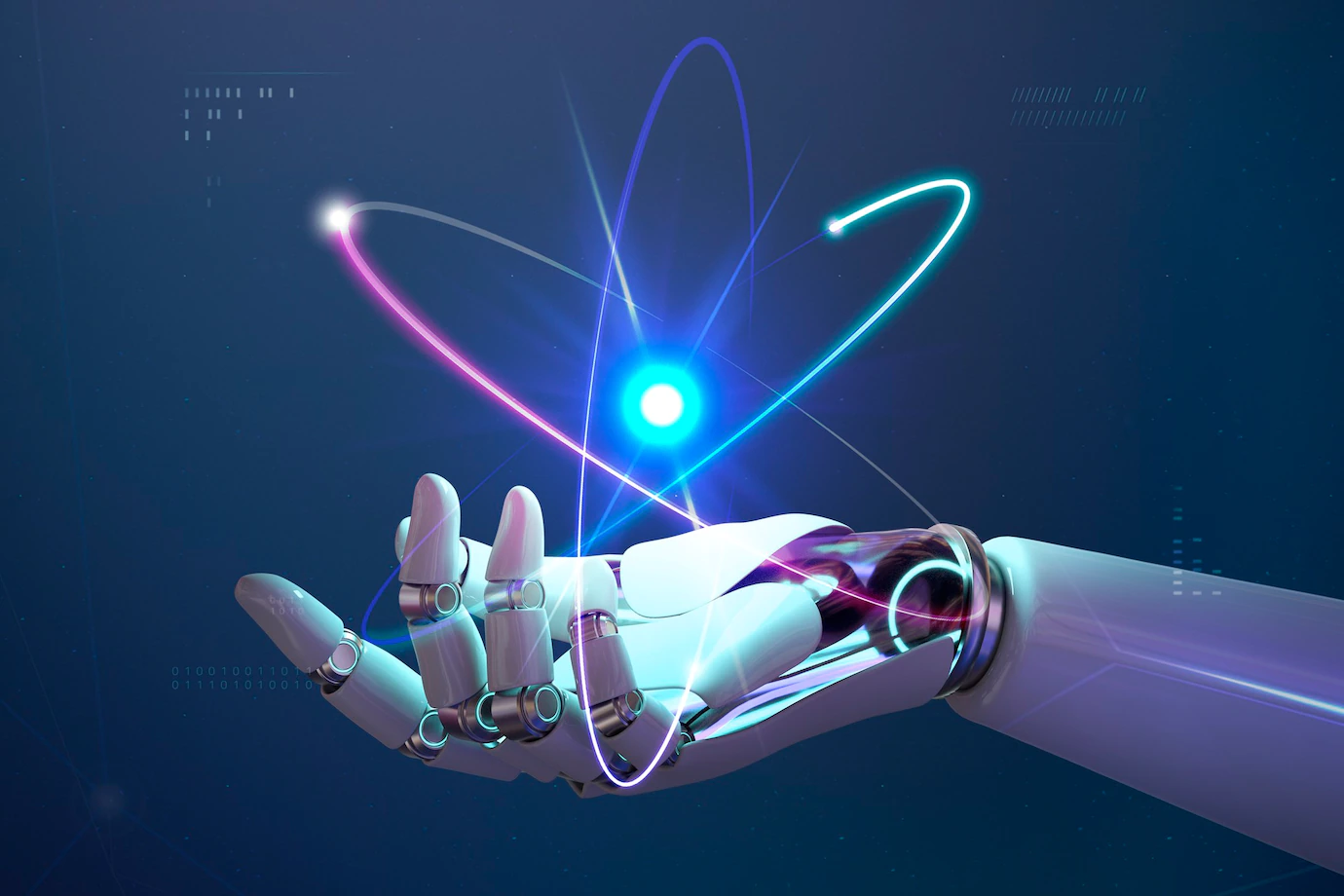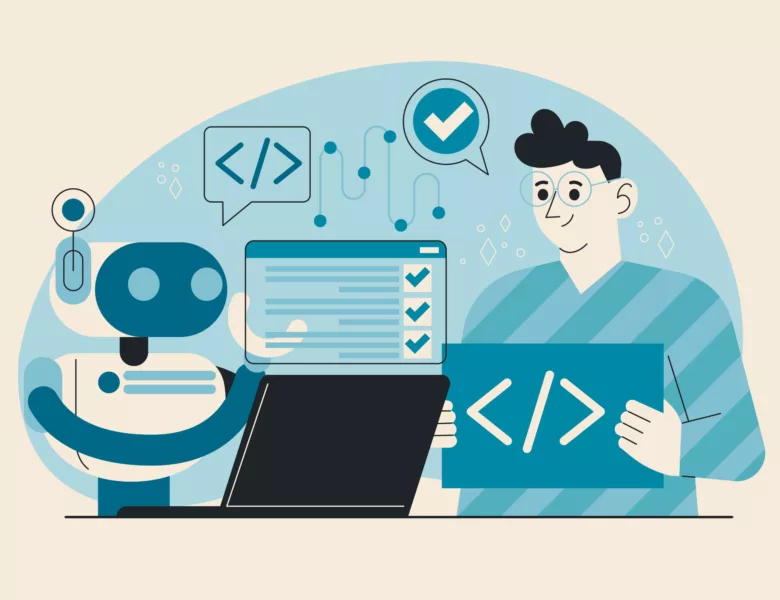Artificial intelligence (AI) is rapidly transforming various industries, and software development is no exception. AI technologies are revolutionizing the way software is created, tested, and maintained, leading to improved efficiency, enhanced user experiences, and accelerated innovation. In this article, we will explore how AI is revolutionizing software development and shaping the future of this field.
Introduction
Software development is a complex process that requires time, effort, and expertise. However, with the advent of AI, developers now have access to powerful tools and techniques that augment their capabilities, streamline processes, and drive innovation. AI is transforming software development by automating tasks, analyzing data, and making intelligent predictions, leading to more efficient and effective development practices.
AI in Software Development: An Overview

AI technologies encompass a range of capabilities that can be leveraged in software development. Machine learning algorithms, natural language processing (NLP), computer vision, and other AI techniques are being applied to various stages of the software development lifecycle. From code generation and testing to user experience design and data analysis, AI is revolutionizing how software is conceptualized, created, and maintained.
Intelligent Code Generation
One of the ways AI is transforming software development is through intelligent code generation. AI-powered tools can analyze existing codebases, understand programming patterns, and automatically generate code snippets based on desired functionalities. This helps developers save time and effort by automating repetitive and mundane coding tasks. Intelligent code generation improves productivity and allows developers to focus on higher-level design and problem-solving.
Automated Testing and Debugging
Testing and debugging are integral parts of software development to ensure quality and reliability. AI is playing a significant role in automating testing processes and detecting bugs. AI-powered testing tools can analyze code, identify potential issues, and even suggest fixes. With AI-driven automation, developers can streamline testing workflows, identify problems more efficiently, and deliver higher-quality software with reduced time and effort.
Predictive Maintenance and Bug Detection
AI is also being employed in predictive maintenance and bug detection. By analyzing large volumes of historical data, AI algorithms can identify patterns that indicate potential software failures or bugs. This proactive approach allows developers to address issues before they cause major disruptions or impact users. Predictive maintenance and bug detection powered by AI help ensure the stability, performance, and reliability of software applications.
Natural Language Processing for Requirements Analysis
Understanding and capturing requirements accurately is crucial in software development. AI, specifically NLP, is being utilized to analyze and process natural language requirements. NLP algorithms can extract key information, identify patterns, and transform unstructured requirements into structured data that developers can work with. This automated requirements analysis streamlines the initial stages of development, enhancing communication and reducing the risk of misinterpretation.
Enhanced User Experience with AI
User experience (UX) is a critical factor in the success of software applications. AI is playing a pivotal role in enhancing UX by personalizing and tailoring software interfaces to individual users. AI algorithms analyze user behavior, preferences, and feedback to deliver personalized recommendations, content, and features. This level of personalization creates more engaging and user-centric experiences, increasing user satisfaction and adoption rates.
Data-Driven Decision Making
AI enables software developers to leverage data for informed decision making. AI-powered analytics tools can process vast amounts of data generated throughout the development lifecycle. By extracting insights and patterns, developers can make data-driven decisions to improve software performance, optimize resource allocation, and identify areas for innovation and enhancement. Data-driven decision making fueled by AI empowers developers to create software that meets user needs and aligns with business goals.
Challenges and Ethical Considerations
While AI brings immense potential to software development, there are challenges and ethical considerations to address. Challenges include the need for high-quality training data, ensuring transparency and interpretability of AI systems, and guarding against biases in AI algorithms. Ethical considerations involve maintaining privacy, security, and fairness in AI-driven software development. It is crucial to approach AI adoption in software development responsibly, with a focus on ethics and human well-being.
Future Possibilities
The future of AI in software development is promising. As AI technologies continue to advance, we can expect even more significant transformations. AI may assist developers in generating entire software architectures, automating complex decision-making processes, and enabling continuous learning and adaptation of software systems. Collaborative AI-human development models are likely to emerge, combining the strengths of AI with human creativity and problem-solving capabilities.
Conclusion
AI is revolutionizing software development by automating tasks, improving efficiency, enhancing user experiences, and enabling data-driven decision making. From code generation and testing to user interface design and maintenance, AI technologies are reshaping the software development landscape. Embracing AI in software development empowers developers to build higher-quality applications more efficiently, leading to increased innovation and improved software outcomes.
FAQs
Answer: AI cannot completely replace human software developers. While AI technologies offer automation and augmentation, human creativity, critical thinking, and problem-solving skills are still essential in software development.
Answer: AI improves software development productivity by automating repetitive tasks, accelerating testing and debugging processes, and enabling code generation. This allows developers to focus on higher-level tasks and enhances overall development efficiency.
Answer: Challenges include the availability of quality training data, ensuring the transparency and interpretability of AI algorithms, addressing biases in AI systems, and navigating ethical considerations such as privacy and fairness.
Answer: AI enhances user experience by enabling personalization, analyzing user behavior and preferences to deliver tailored content, recommendations, and features. This results in more engaging, intuitive, and user-centric software interfaces.
Answer: The future of AI in software development holds the potential for further automation, intelligent decision-making, and collaborative AI-human development models. Continued advancements in AI technology will drive innovation, efficiency, and new possibilities in software development.




Leave a Reply